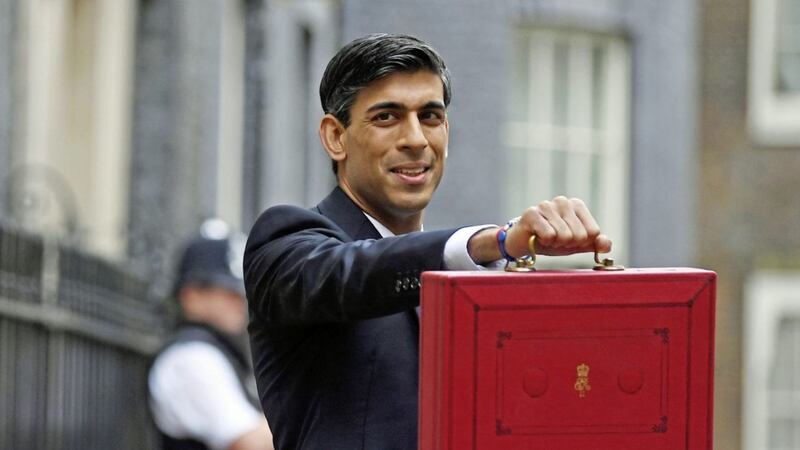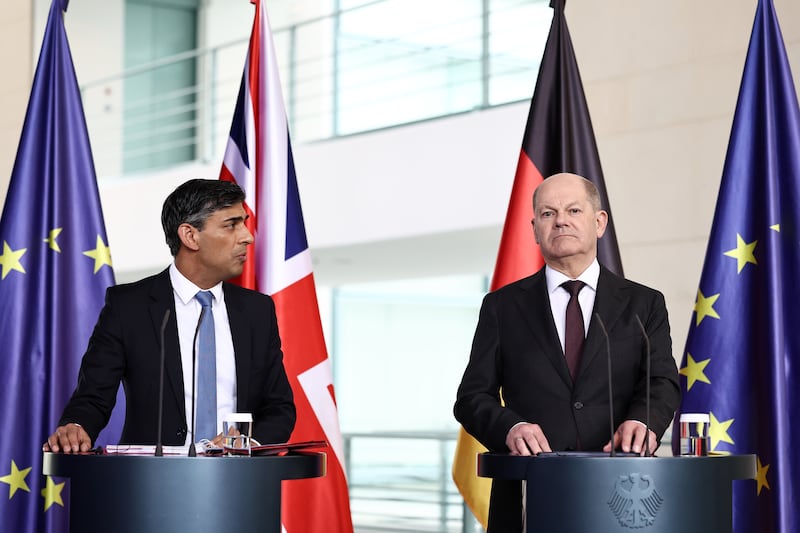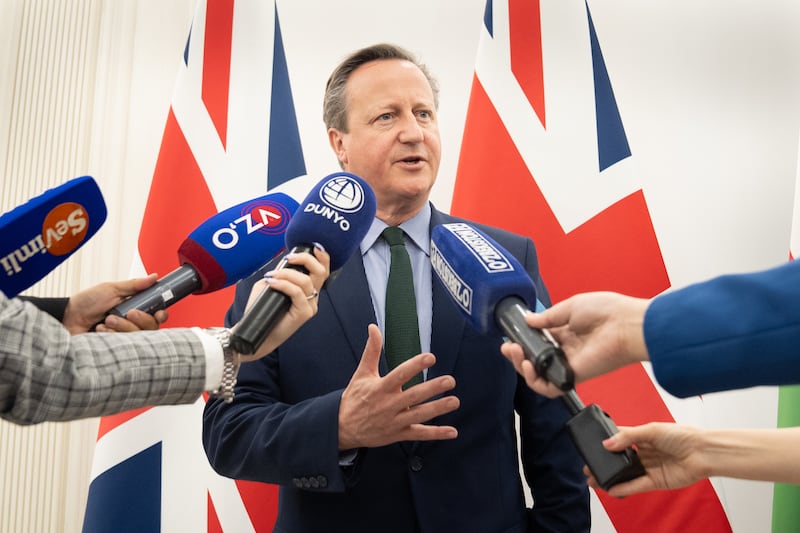DESPITE only being in the job a matter of weeks, new Chancellor Rishi Sunak's inaugural Budget provided a safety net for business and the public in the face of the likely debilitating economic consequences of coronavirus.
Small and medium-sized businesses will be supported with sick pay, have breathing space around paying taxes through the time-to-pay arrangement, and they can access cash grants and other business disruption loans which they may need to pay salaries and meet other immediate pressures.
But according to PwC’s regional tax director Craig Harrison, there are question marks around whether Stormont will extend the one-year business rates holiday to Northern Ireland, which SMEs in England will benefit from, and also what support will be available for larger companies.
He said: “The government’s commitment to levelling up and rebalancing growth across the UK is reflected in the extra £162m announced as part of the City Deals fund for Northern Ireland. This is in addition to the funding already allocated in the Belfast and Derry City deals (£455m).
“But it is disappointing that there was no action taken on air passenger duty, particularly in light of the demise of FlyBe and recent calls from the local business community. Improving connectivity is a critical part of increasing productivity which has been recognised by the Chancellor pledging significant investments in rail and road elsewhere in the UK.”
There are reasons to cheer for many in north's hospitality sector, with the alcohol duty freeze, but there will be a mixed reaction to the announcement around extending the National Living Wage increase to those aged 21 and above. On one hand increasing wages and putting money into the economy will be welcomed but on the other, it could pose challenges for employers to find additional funding.
Mr Harrison added: “The Budget was reasonably tame in terms of raising funds - the main tax increasing measures announced were around the expected adjustment to Entrepreneurs’ Relief (lifetime limit on gains reducing from £10m to £1m from today) and some adjustments to stamp duty land tax, with non-residents buying England and Northern Ireland residential property being subjected to a further 2 per cent surcharge.
“One of the bigger taxation items announced is the further tweaking to the tapering mechanism which affects the annual pension allowance for higher earners.
“For many this will increase the amount of tax relief received on their pension contributions and will be a particular piece of good news for senior doctors who have been critical of pension reforms which meant they were penalised for working additional hours. This has been seen as a barrier to tackling the waiting list crisis in our hospitals.”
The increase in the research and development expenditure credit (RDEC) from 12 per cent to 13 per cent is being seen as a welcome step and continues to make the UK one of the more attractive regimes globally.
“This is a clear sign that the government is actively supporting investment in innovation and is serious in its ambition to increase UK investment in R&D to 2.4 per cent of GDP by 2027,” Mr Harrison added.
Lastly, hidden away at the back of the Budget red book was the fact that traders will be able to benefit from deferred accounting on import VAT on goods imported from the EU and beyond.








